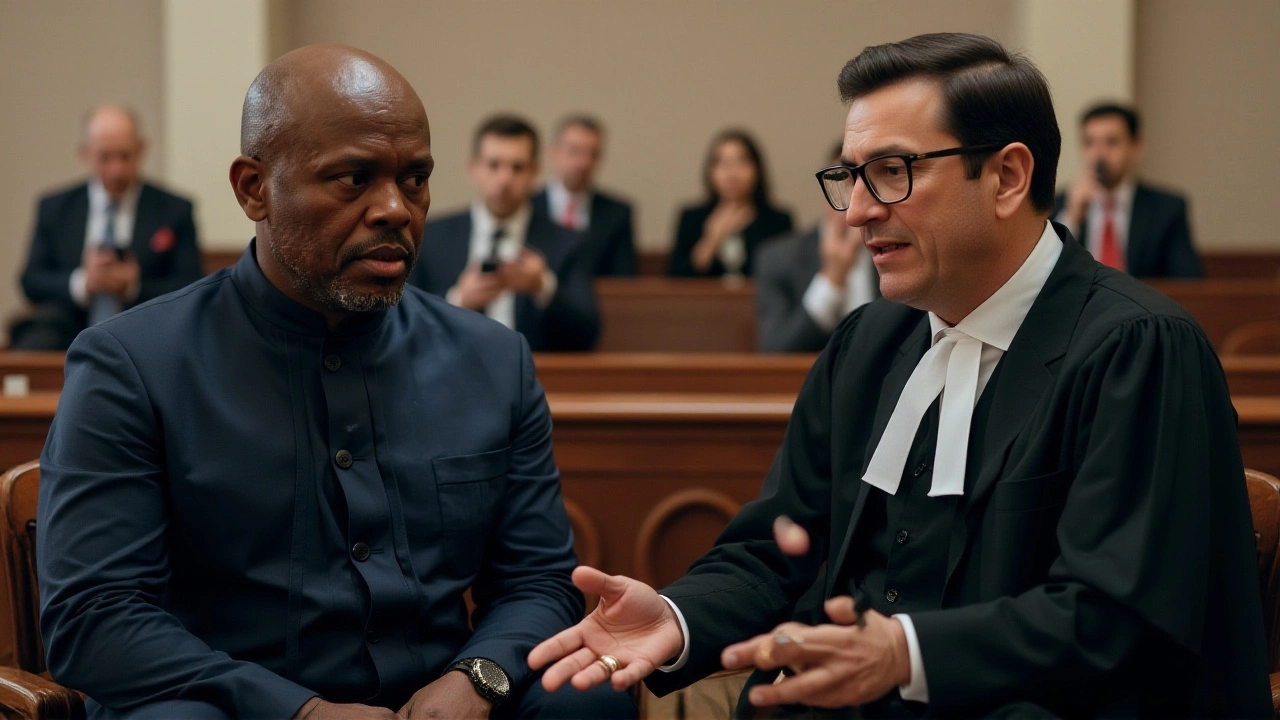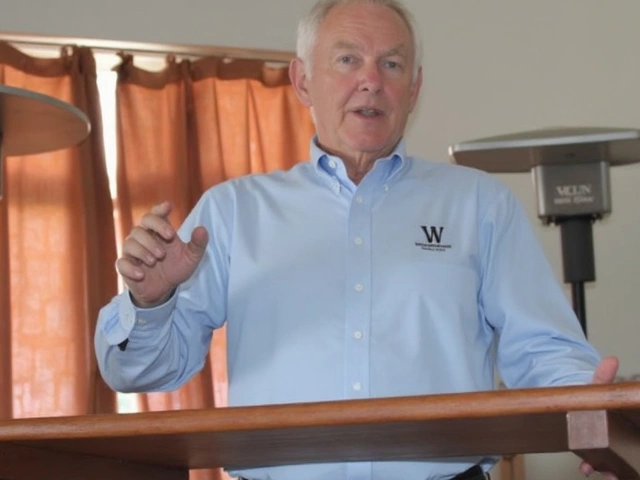Police Tender Scandal
When looking at police tender scandal, the abuse of public money during police procurement, often through inflated contracts, secret kickbacks, and rigged bids. Also known as law enforcement procurement fraud, it typically triggers investigations by anti‑corruption agencies, independent bodies that probe graft in government contracts and seek to hold officials accountable and legal scrutiny from the Nigeria Police Force, one of the institutions most frequently cited in recent tender controversies. The scandal police tender scandal encompasses a range of illegal practices, requires robust oversight, and often leads to court‑ordered reforms.
Key Players and How They Interact
The core of the issue lies in the tender process, the formal steps governments use to invite bids, evaluate offers, and award contracts. When the process is manipulated, police procurement suffers – vehicles, equipment, and services end up costing much more than market rates. This distortion influences the amount of money that reaches legitimate suppliers and creates room for bribes. Police procurement, the specific buying activities of law‑enforcement agencies becomes a conduit for savings to disappear into private pockets. Anti‑corruption agencies step in, launching audits, seizing assets, and filing charges. Recent court rulings in Warri and Abuja show how the judiciary can intervene to stop illegal seizures, as seen in the tinted‑glass permit case where 210 cars were impounded before a judge halted the action.
These entities do not operate in isolation. Corruption investigations expose the police tender scandal, prompting reforms that tighten the tender process and improve transparency. At the same time, the scandal drives demand for stronger anti‑corruption legislation, which in turn empowers agencies to act faster. The cycle creates a feedback loop: each successful probe raises public awareness, which puts pressure on police departments to adopt cleaner procurement methods. In practice, this means more public tenders are posted online, bids are scrutinized by independent auditors, and whistle‑blowers are encouraged to come forward without fear of retaliation.
Below you’ll find a curated set of stories that illustrate how the police tender scandal plays out across the continent – from court interventions that halt illegal seizures, to anti‑corruption agencies pulling the plug on shady contracts, and broader efforts to clean up public procurement. Use these articles to see real‑world examples of the entities and relationships we’ve just outlined, and to understand what steps are being taken to curb this persistent problem.

Court Rejects Shadrack Sibiya’s Suspension Appeal Amid Tender Scandal
Pretoria High Court dismissed Deputy Police Commissioner Shadrack Sibiya’s bid to overturn his suspension, intensifying a R360 million tender scandal involving senior officials.
Categories
- Sports (146)
- Politics (22)
- Entertainment (20)
- World (15)
- News (10)
- Lifestyle (8)
- Business (6)
- Technology (3)
- Health (3)
- Environment (2)
Popular Articles



